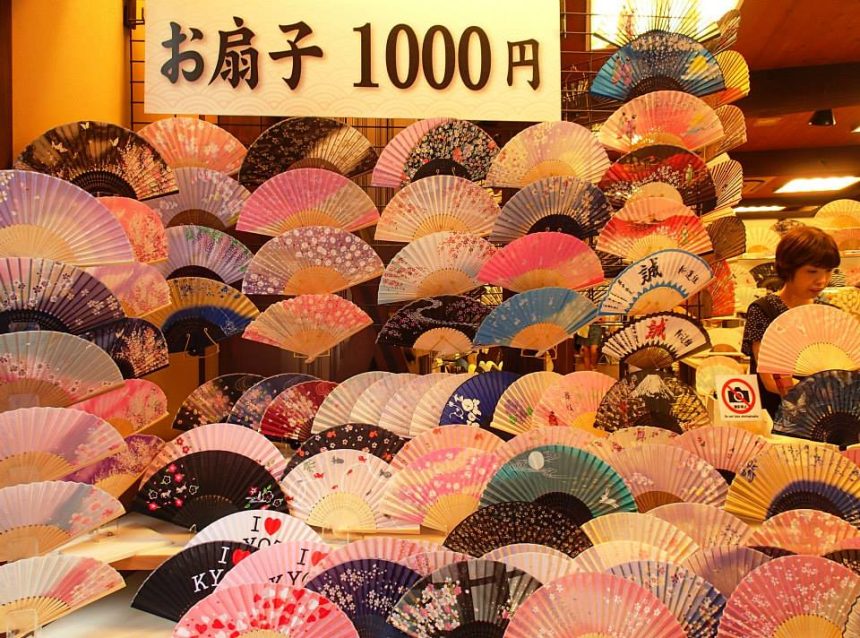Japan Hits New All-Time Temperature High
On July 30, Tamba in Hyōgo prefecture recorded Japan’s hottest temperature ever: 41.2 °C (106.2 °F), surpassing prior national records, amid what the Japan Meteorological Agency called the hottest June on record. Temperatures exceeded 35 °C at 271 of 914 official observation points, setting records in 39 locations.
Heatwave Cripples Health Services and Infrastructure
Hospital admissions soared: in just one week, over 10,800 people—mostly adults over 64—were treated for heat-related illnesses, and 16 deaths were confirmed by the Fire and Disaster Management Agency. Hospitals, emergency services, and power grids were stretched thin as heatstroke cases surged.
South Korea Endures Longest Stretch of Toxic Nights
South Korea has endured its longest stretch of tropical nights on record, with 22 consecutive nights where temperatures did not drop below 25 °C, and in some cities bottoming out at 29.3 °C. Officials reported 13 heat-related deaths so far this summer, over triple the rate from the same period last year.
Agricultural Losses and Workforce Strain
In Japan, farmers worked through life-threatening heat—some aged nearly 80—reaping crops despite soaring temperatures, exacerbating health risks. In South Korea, rising temperatures and erratic monsoon shifts are reshaping agricultural zones, prompting farmers to cultivate tropical crops like bananas and papayas in warmer southern provinces.
Climate Change: The Larger Understory
Experts link the extreme temperatures to climate change and persistent high-pressure systems over the Pacific, trapping warm air over East Asia. The frequency and duration of such heat events have surged—a trend projected to worsen under warmer conditions. Projections indicate summers may become too dangerous for outdoor activities by mid-century without major adaptation measures.
Government Measures and Public Warnings
Authorities in both countries issued heat warnings to millions and urged strong precautions: staying hydrated, reducing outdoor work, and maximizing air-conditioning and cooling. In Japan, workplaces and schools have introduced safety steps including rest breaks and outdoor restrictions; Seoul expanded customer-free respite zones for the elderly extended commute policies.
What’s at Stake for Daily Life and Economy
- Healthcare systems — facing surges in heatstroke and dehydration cases, especially among vulnerable elderly populations.
- Labor sectors — workers in construction, logistics, and agriculture face rising illness and absenteeism.
- Food security — damaged crops, from rice to vegetables, risk market shortages and price hikes, as seen in prior record heat years.
Final Takeaways
Japan and South Korea are enduring a scorching climate milestone—marked by record highs and consecutive tropical nights—underscoring the growing human cost of extreme heat. With another hot month ahead, the crisis highlights the urgent need for deeper climate adaptation policies, public health protections, and resilient infrastructure to meet a warming future.










